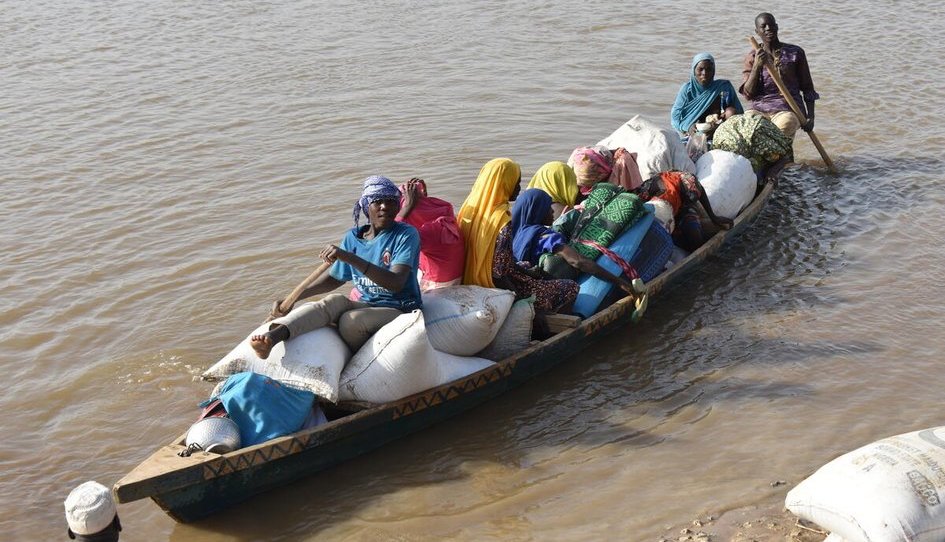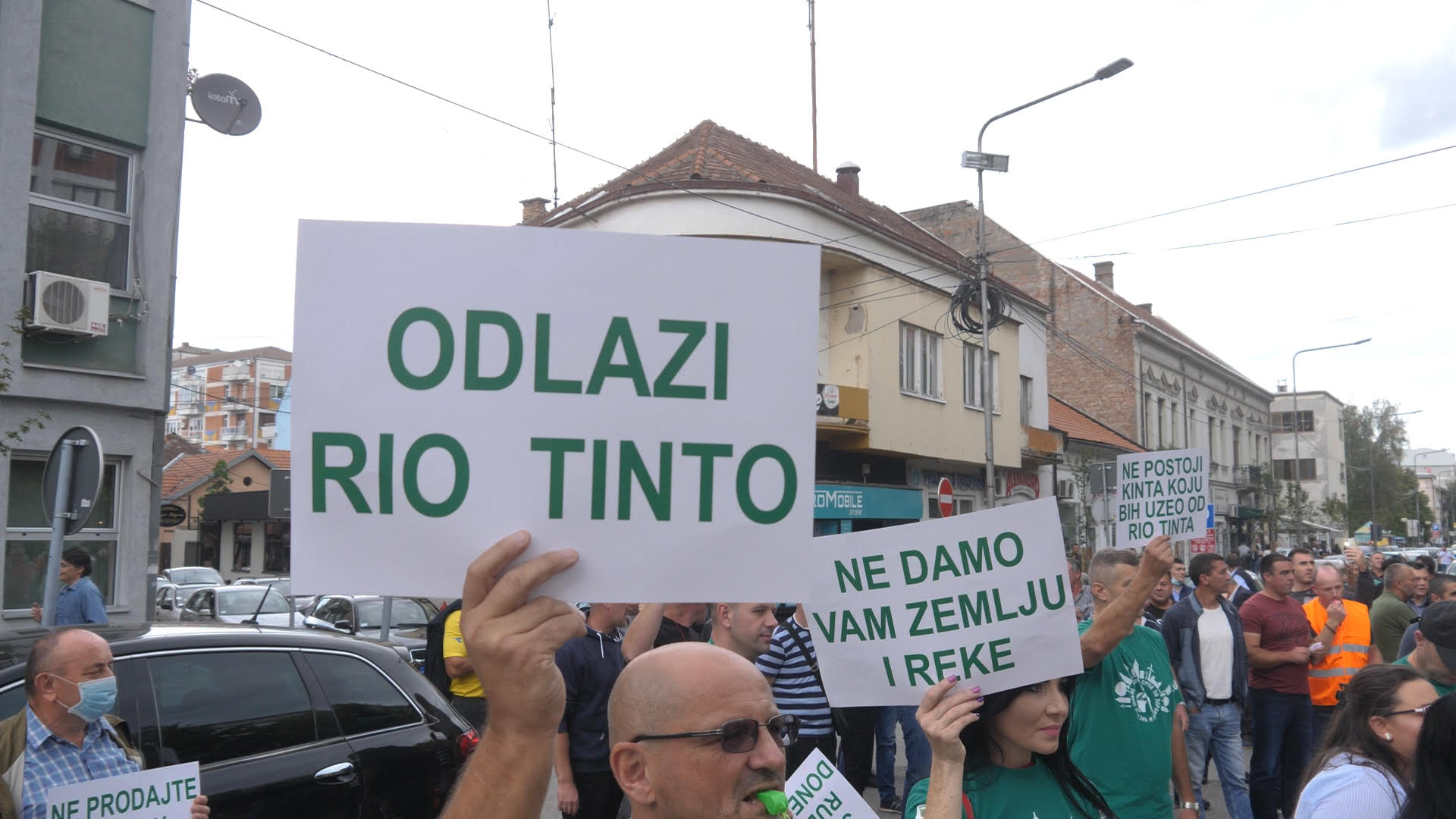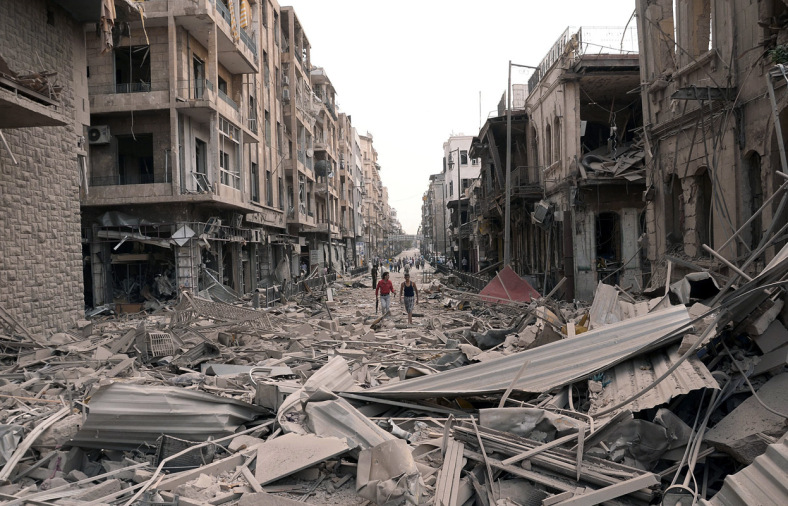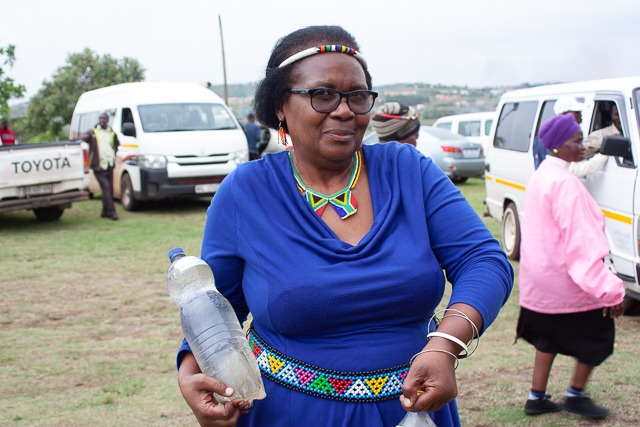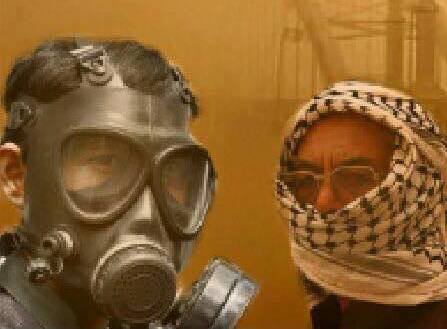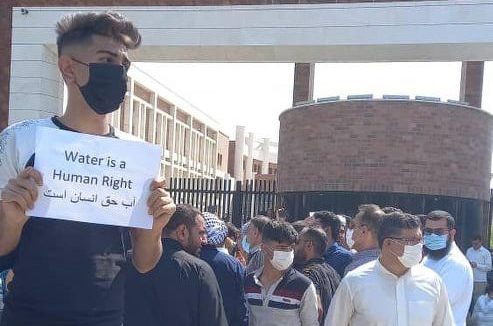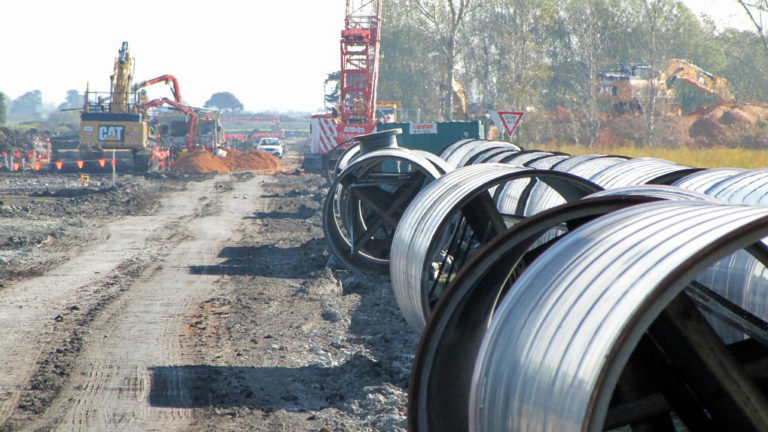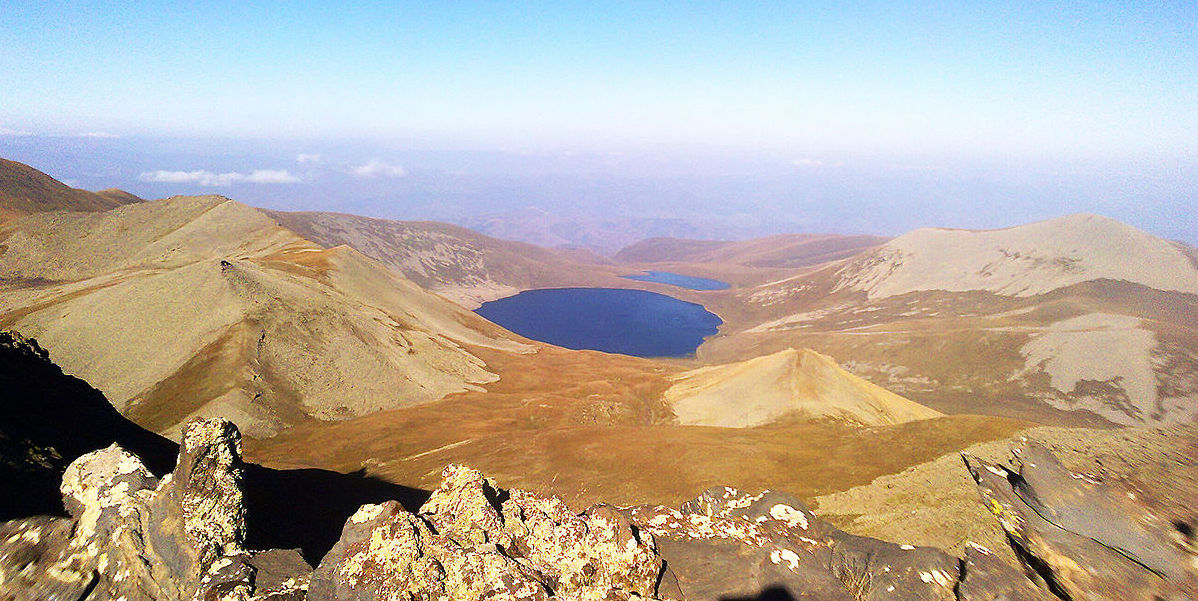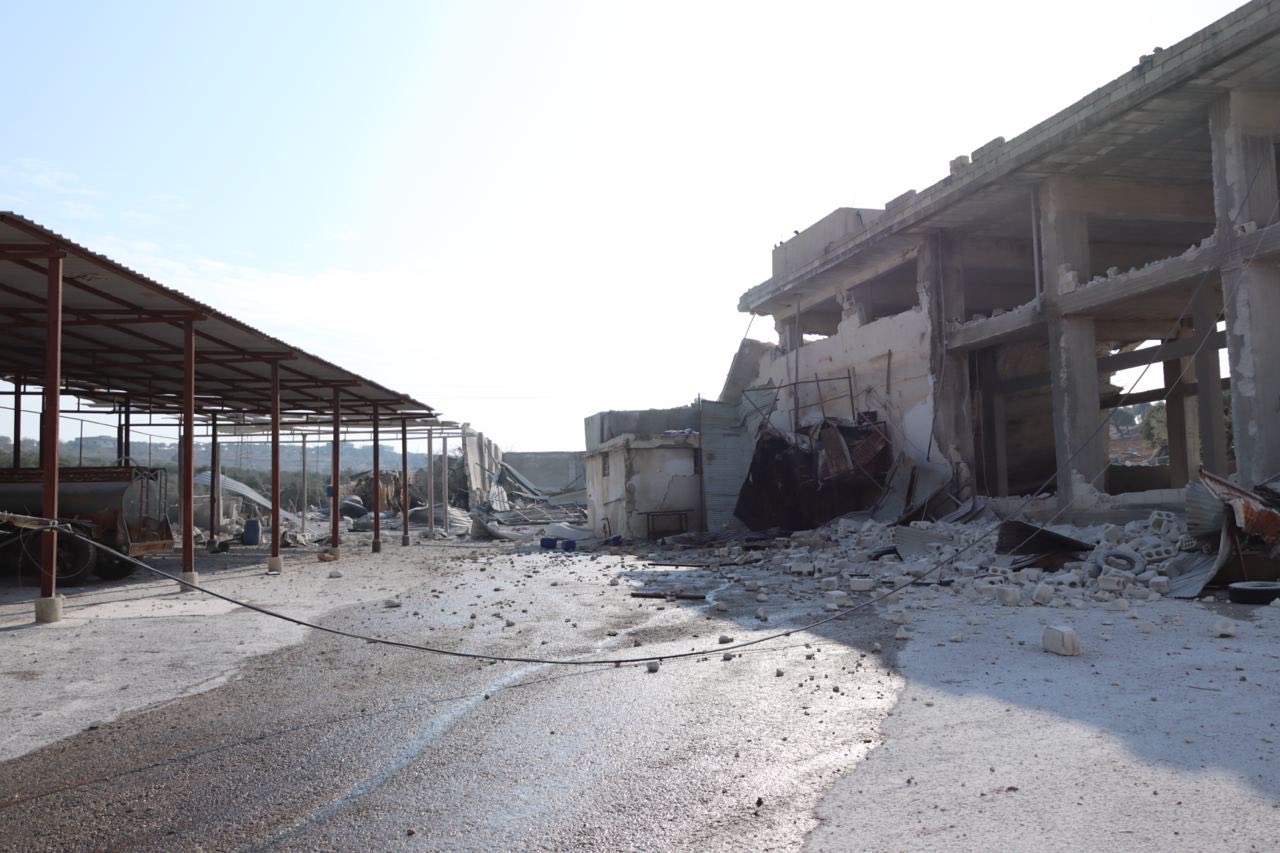
Russian warplanes bomb Idlib water station
Russian warplanes are reported to have carried out an air-raid on the main water pumping station for the city Idlib, capital of the besieged province of that name in Syria’s north. Witnesses on the ground said Russian Sukhoi jets dropped bombs on the water plant as well as several towns outside the provincial capital. A UN humanitarian official acknowledged the air-raid without naming the perpetrators, tweeting: “The country is already facing a water crisis & continued destruction of civilian infrastructure will only cause more suffering of civilians.” An official in the opposition administration of the city said the plant is now out of operation, charging: “The Russians are focusing on infrastructure and economic assets. This is to add to the suffering of people.” (Image via Twitter)



